To follow up on the previous column, in which we looked at how a speaker referred to himself/herself (first-person), we will now touch upon pronouns used to address the listener (second-person).
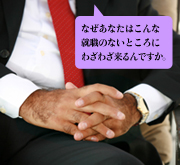
If an exchange student were to falteringly ask me, “Are you a professor?” (anata wa sensei desu ka?), I wouldn’t be angry(1) . But if a native Japanese student asked me “Are you a professor?” (anata wa sensei desu ka?), I’d be annoyed. It would be better if s/he had said “Uh…. are you a professor?” (ano… sensei deshoo ka?). On second thought, I wouldn’t be annoyed so much as alarmed. If a student referred to someone who appeared to be a professor with the pronoun “you” (anata), I would think that professor was probably on the verge of being sued. It would imply: “Are you really a professor? Ok, I’ll see you in court.
The words anata (you) and watashi (I) appear as a pair at the beginning of every textbook on Japanese. To foreigners, the pronoun “you” is ok for everyone. But this only applies to “foreigner” characters.
Of course, in TV commercials and street-corner surveys, “you” (anata) often shows up, for example: “You can return your skin to its youthful state!” or “What country do you want to visit?” etc. However, this does not mean that it is always fine to use “you” (anata) in Japanese. Commercials and surveys are always directed at an unseen, unknown, unspecified mass of people, so there is no established human relationship between the speaker and listener. Therefore, it is acceptable to use “you” (anata).
So long as one lives in the midst of acquaintances, situations in which one should call another person “you” (anata) will almost never arise. I myself have not once called anyone “you” since, at least, the beginning of this year. It’s disrespectful. Although “you” is polite language, it is only polite when said by someone of “high rank.” After graduating from law school, and finding myself with nowhere to go, I took the entrance examination to an undergraduate humanities program. During the interview, the professor scolded me: “Why do you (anata) want to take a degree with no job prospects?” Only a professor of that stature is allowed to use “you” (anata). It’ll be quite some time before I reach that level.
Of course, as I said at the beginning, it is probably somewhat easier to refer to as “you” (anata) a person whose individual merit may seem no better or worse than that of anybody else due to certain public circumstances. For instance, being sued or on the verge thereof. However, if it is easy to call a suspect “you” (anata) but not a judge, who one would call “your honor” (saibanchoo), this would after all indicate that “you” (anata) is a word the use of which is reserved for those of “high rank.”
What? You say that in the manga Sazaesan, Sazaesan says “You forgot your lunch box” (anata, obentou wasureteru wa yo!) to her husband Masuo? Is she looking down on her husband in this case? No, of course not. This “you” (anata) is the “you” used by people (especially women) to refer to their significant others in cases where a marital or romantic relationship exists. Although the young women of today may not familiar with it, there is a work about men and women set in the Edo period by Yamamoto Shugoro in which one can find the following conversation:
“…… I’m Yaroku. Call me by name from now on.”
“Are you kidding? What wife calls her husband by name? Let me call you ‘you,’ like any other married couple.”
[Yamamoto Shuugorou, Yuurei Kashiya 1950]
This word also used to often appear in popular music not long ago. If we consider that two people in an intimate relationship can both act “superior” to each other, and that while the “superior” man often uses omae(2) (you/brusque) while the woman uses the more polite anata, this “you” (anata) seems to be related to the polite “you” used by those of “high rank” mentioned earlier. Without more research, I cannot be sure of the details.
However, regardless of how we handle the “you” (anata) addressed to a significant other, what is clear at this point is that while “you” (anata) is normally a polite word, there are various circumstances under which it can be offensive to people. The rudeness that may be perceived when someone calls another by the polite anata—even if they refrain from brusquely using omae, kisama, or temee—derives from the fact that the speaker has transcended his or her position, and is behaving as a character of superior status (“high rank”). This is all I wanted to say.
* * *


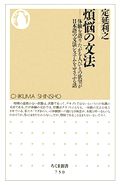
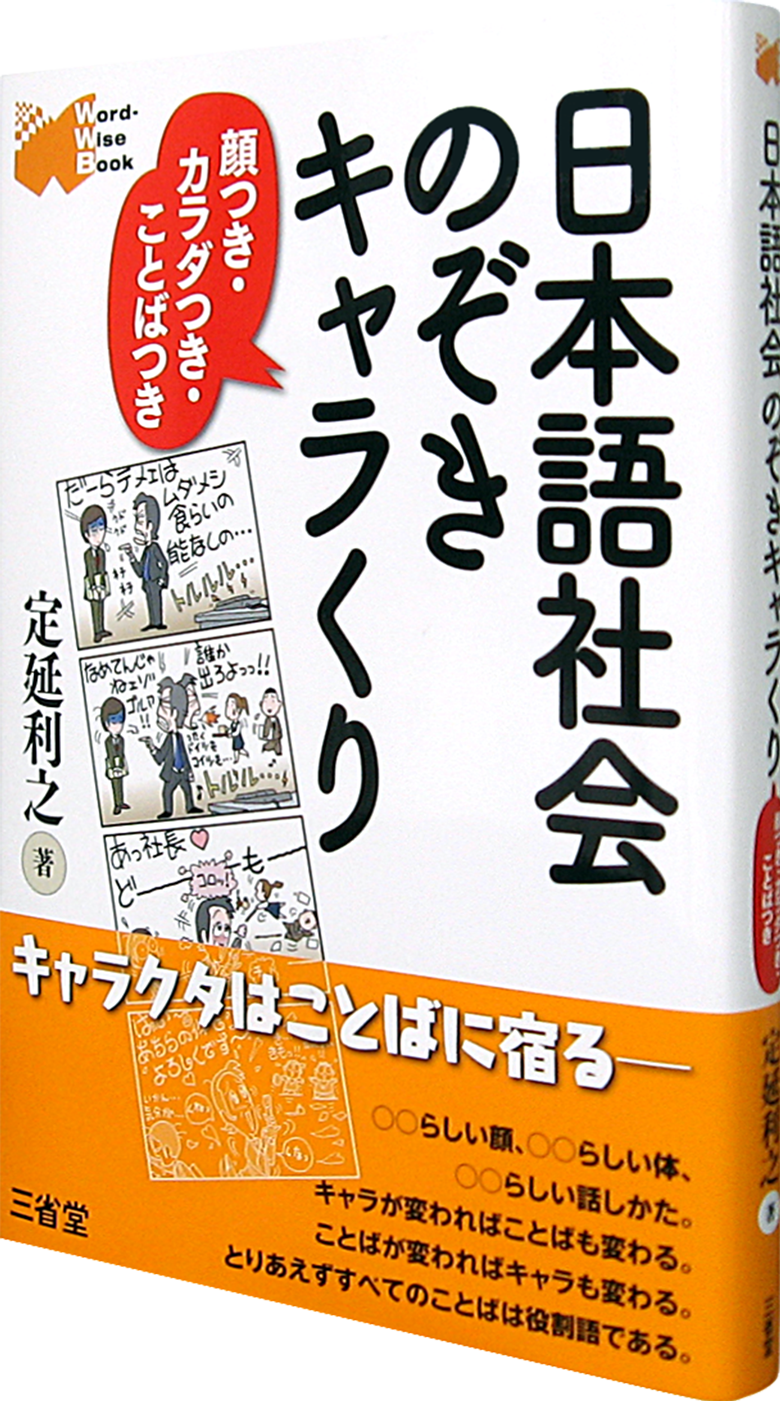
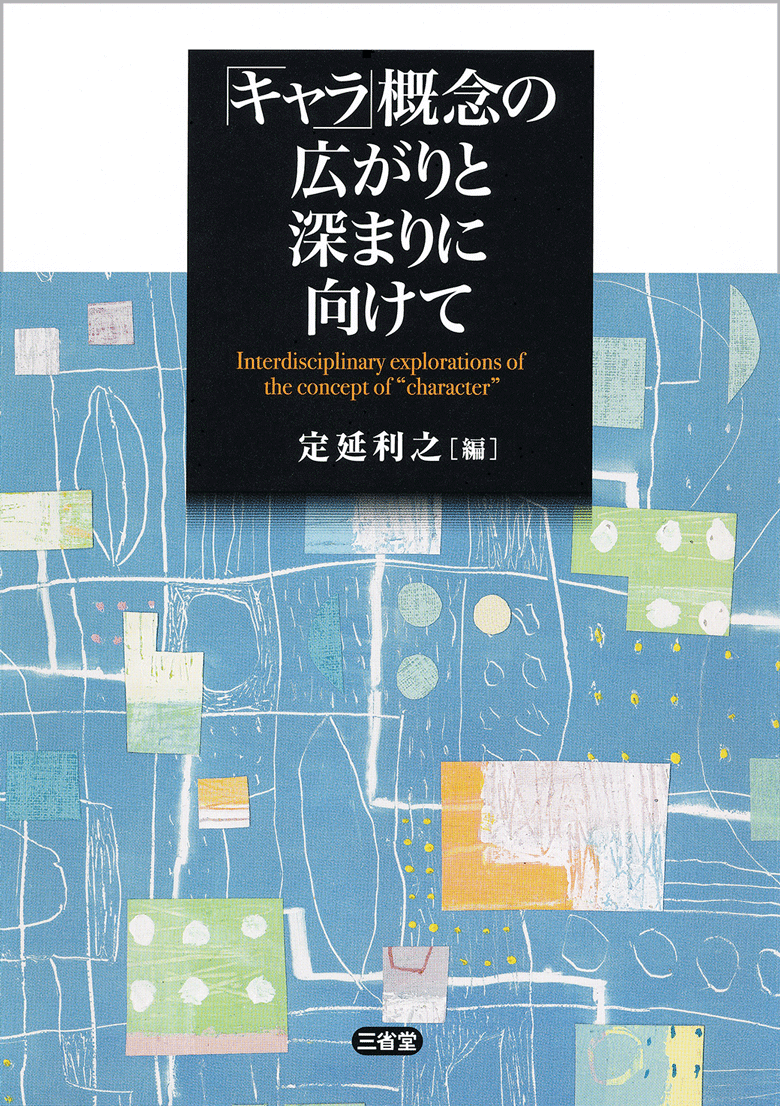
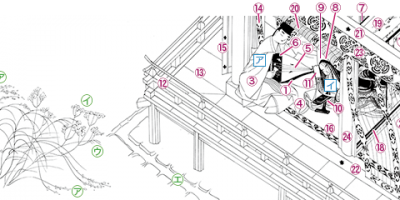

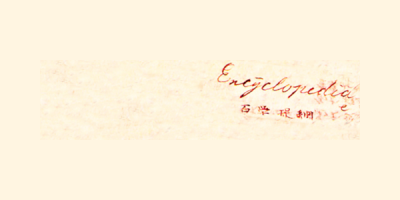

(1) While the pronoun “you” (anata) does exist in the Japanese language, it is seldom used. Generally one uses the other person’s last name with an honorary suffix such as san (Mr./Ms.) or sensei (Prof.).
(2) Omae, kisama, and temee all translate as “you,” but are more brusque, less polite variants, and are most often used by men.